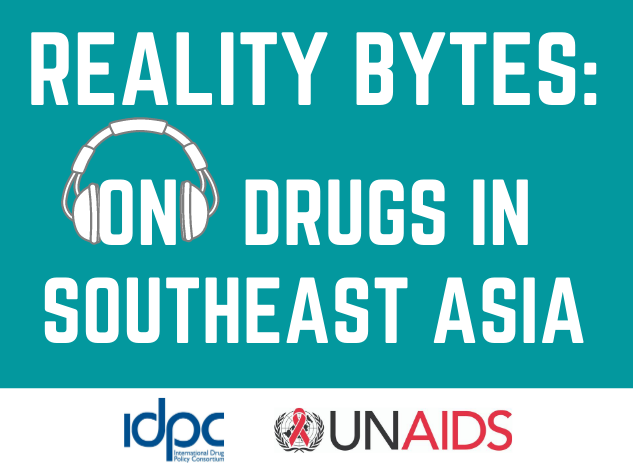Mayor of Mumbai commits to ending AIDS as a public health threat by 2030

The Mayor of Mumbai, Snehal Ambekar, has pledged her support to accelerating the response to HIV in her city over the next five years, by signing the Paris Declaration on Fast-Track Cities. She made the commitment during a global meeting in Mumbai on “Fast-Track Cities- Ending the AIDS Epidemic Cities: Achieving 90-90-90 Targets by 2020”.
The goal of Fast-Track Cities is to end the AIDS epidemic as a threat to public health by 2030 and to eliminate discrimination.
“’We are committed to making Mumbai stigma free,” said Mayor Ambekar. “The innovation and ‘can-do’ spirit of Mumbai will help shape our city’s response to ending AIDS,” she said at the closing of the meeting.
Mumbai has also committed to increasing its own contribution to the city’s AIDS budget. It has one of the highest levels of HIV prevalence in the country, but policy makers have implemented evidence-based programming and the city has witnessed a significant decline in new HIV infections among key populations, particularly female sex workers.
The meeting on Fast-Track Cities drew senior officials from 13 municipalities in Asia, Africa and Latin America, to develop practical action roadmaps that focus, scale-up and accelerate their AIDS response. Delegates shared experiences, challenges and solutions for a Fast-Track approach and strengthened partnerships between cities.
The meeting was organized by the Joint United Nations Programme on HIV/AIDS (UNAIDS) and the International Association of Providers of AIDS Care (IAPAC) with support from the United States Agency for International Development (USAID), United Nations Development Programme (UNDP), United Nations Office on Drugs and Crime (UNODC), the United Nations Population Fund (UNFPA), Stop-TB and The Global Fund to Fight AIDS, Tuberculosis and Malaria (GFATM). Representatives of these institutions joined administrators and civil society from Quezon City, Mumbai, Jakarta, New Delhi, Abidjan, Lusaka, Nairobi, Johannesburg, Durban, Pretoria, Mexico City and Curitiba. The Mayor of Abidjan was also among the 80 participants.
The Paris Declaration includes commitments to reach ambitious 90–90–90 targets by 2020, which will mean 90% of people living with HIV know their HIV status, 90% of people who know their HIV-positive status are on antiretroviral therapy and 90% of people on treatment have suppressed viral loads.
“Cities account for a third of the new infections and are central to ending AIDS and tuberculosis. At this meeting, cities have developed ambitious, practical roadmaps to rapidly scale-up prevention and treatment services,” said Mbulawa Mugabe, Director of Country Impact and Sustainability department of UNAIDS in Geneva. “This south-to-south meeting of peers has helped cities take the best experiences from across the world in order to implement a Fast-Track approach to ending the AIDS epidemic,” he said.
The Paris Declaration was first signed in Paris on World Aids Day 2014 by the Mayor of Paris, Anne Hidalgo, and 25 of her counterparts from cities around the world. To date more than 60 cities have joined the initiative.
IAPAC also welcomed Mayor Ambekar’s commitment to the principles of the Paris Declaration. “We welcome Mumbai as a Fast-Track City, committed to accelerating and scaling up its AIDS response to attain the 90-90-90 and zero discrimination targets in this megacity of 12.7 million people,” said José M. Zuniga, IAPAC President. “In our technical assistance offerings to the city, we aim to leverage existing HIV programming, particularly to break down barriers to HIV testing, linkage to care, and treatment for the populations with the highest HIV prevalence—women, people who inject drugs, sex workers and men who have sex with men.”
 UNAIDS Asia-Pacific
UNAIDS Asia-Pacific 


